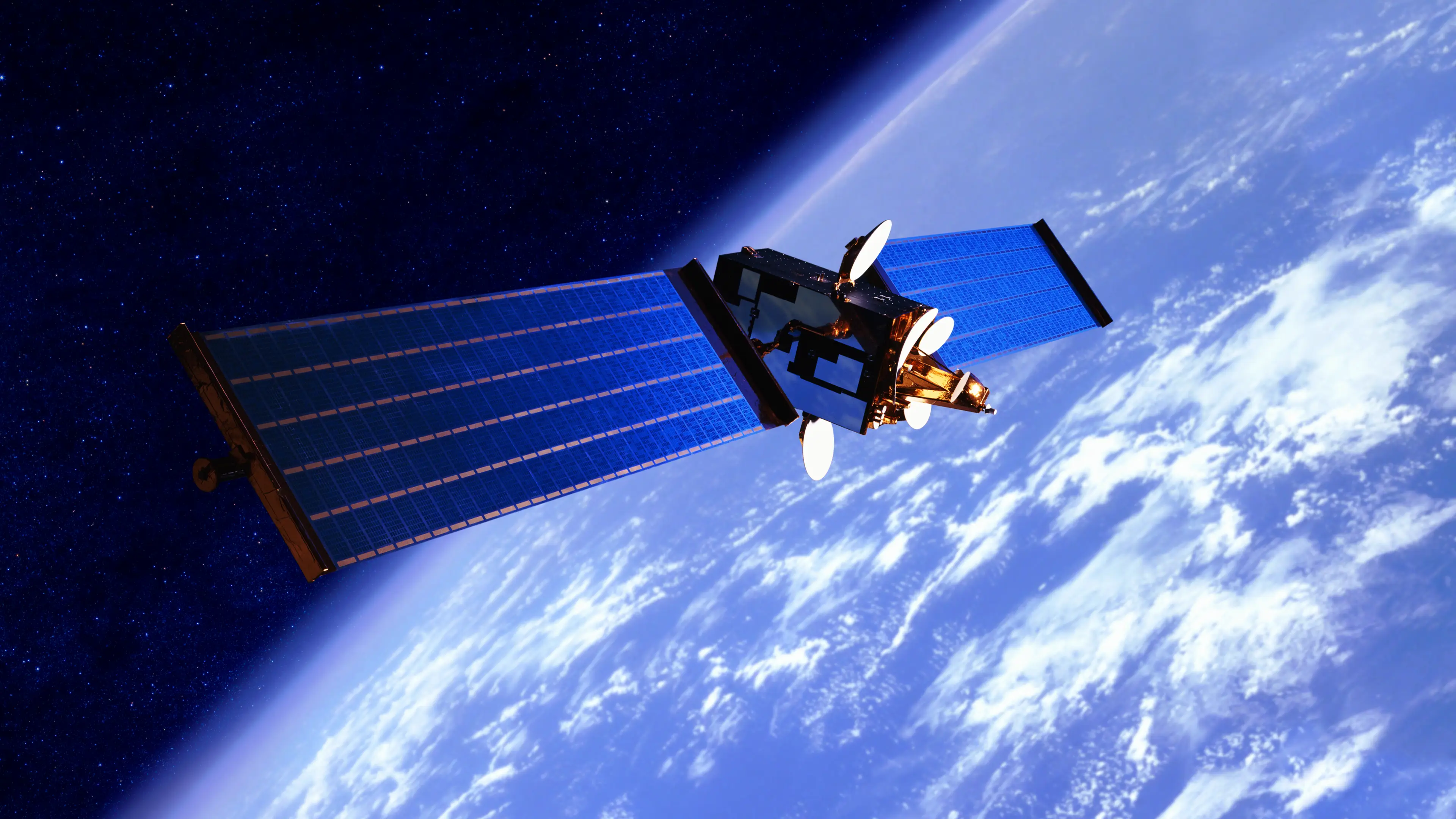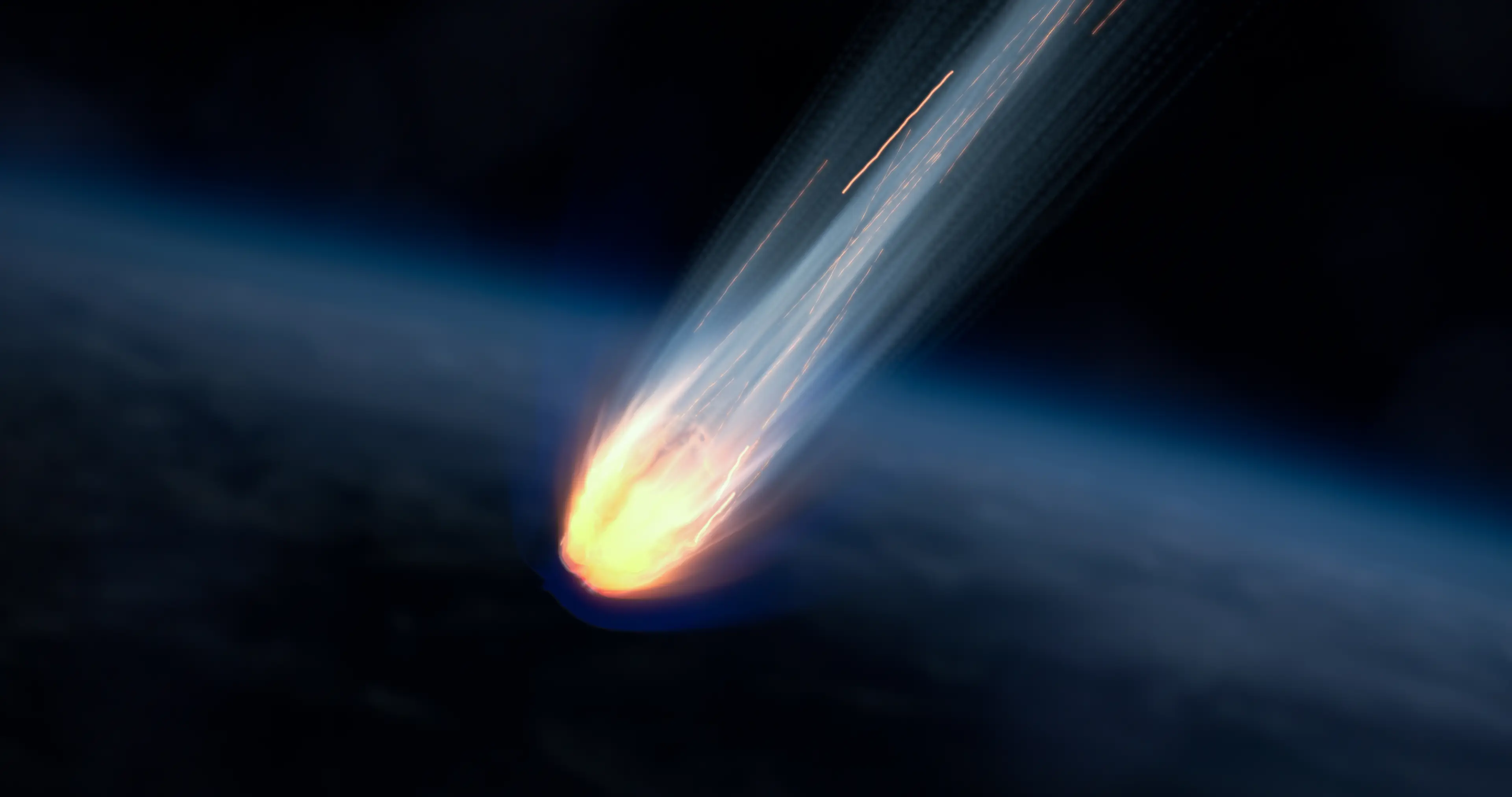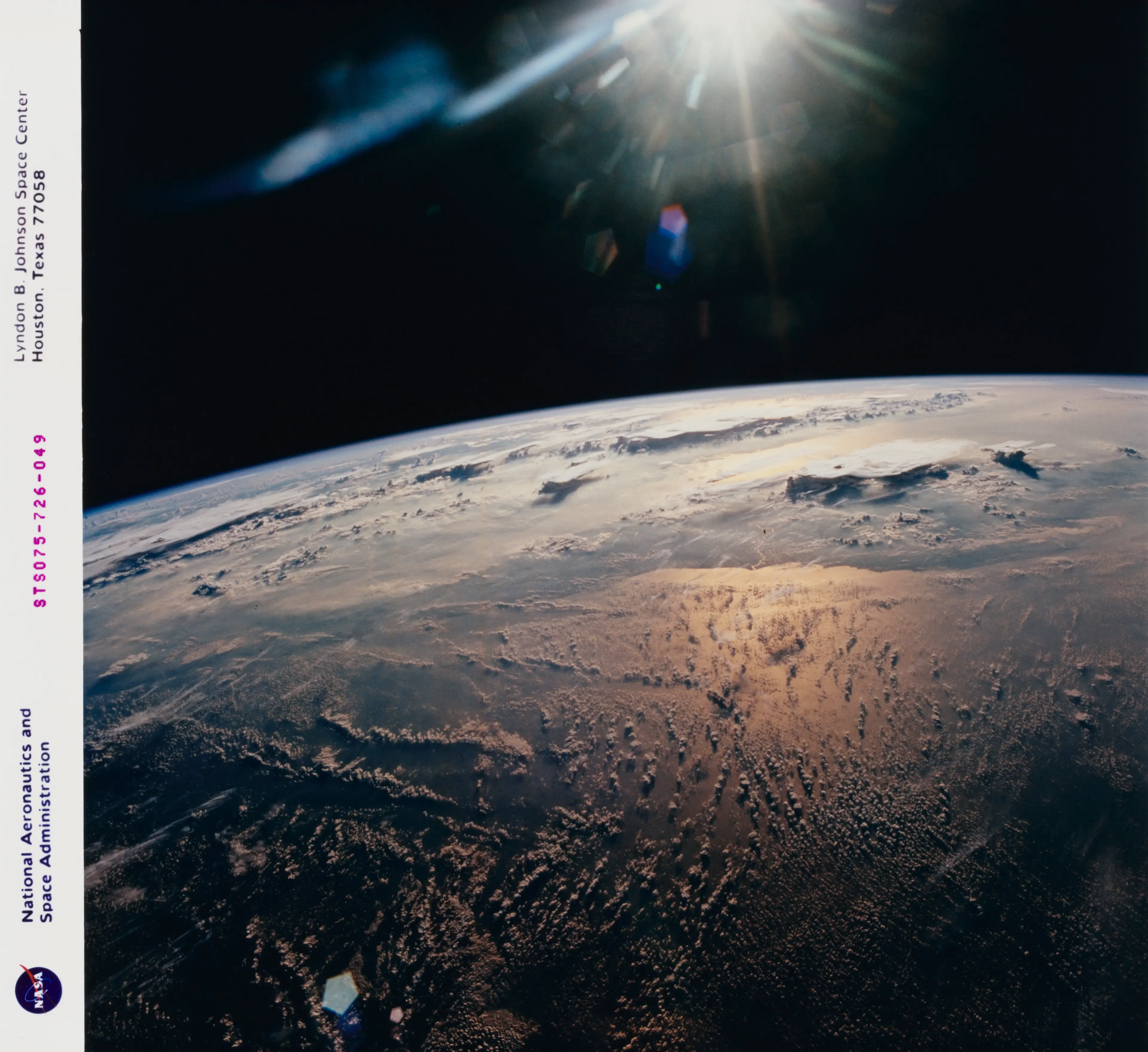
Kosmos 482 is expected to fall back down to Earth this week after spending 53 years in orbit around the planet.
The satellite which was launched back on 31 March 1972 even has a crash landing window which includes parts of the UK. Of course, as is the case with tracking any meteorites, space debris, and any other threats from space, it's not always easy for scientists to get these predictions right.
The Soviet spacecraft is expected to land safely over the ocean, following its current 'death plunge', although, there is a low chance it could land in a populated area, but thankfully the damage, even if it did hit a populated area would be 'rather small' according to DPhil Shubham Kulkarni of the Department of Physics at the University of Oxford.
But, this isn't the first time we've seen so much panic over a Russian spacecraft hurtling towards the planet, and it's certainly not the most scary we've faced either.
Cosmos 1402 threatened nuclear destruction
Back in December 1982, a nuclear-powered Soviet spy satellite started to spiral out of control, following a failed attempt to jettison the reactor into high-Earth orbit.
Advert
The plan was for the satellite, known as Cosmos 1402, to orbit low-Earth, with the aim of tracking ships via radar.
Once the satellite had finished its mission, it was then to be boosted into higher orbit, where it could simply linger at a safe distance from the Earth, without causing any damage or risk.

So far, it doesn't sound much more of a threat than what we're dealing with now, with Kosmos 482, right? Wrong. Cosmos 1402 carried a nuclear reactor with around 100Lbs of enriched uranium.
To put that into perspective, the Hiroshima bomb, also known as the 'Little Boy' bomb used 141Lbs of highly enriched uranium.
So, now we've gone from having a pretty harmless bit of space debris falling to Earth from space, to what's essentially a nuclear bomb hurtling towards the planet.
What happened to Cosmos 1402?
As the saying goes, 'what goes up, must come back down' and of course that was the case for Cosmos 1402.
But, considering were not living in a Fallout style post-nuclear wasteland, you might have guessed that the nuclear spy satellite managed to re-enter the Earth's atmosphere without causing nuclear destruction.
Thankfully, the main part of the satellite crash landed into the Indian Ocean during the night on 23 January 1983. It's said that nobody saw the satellite's crash landing as it happened so far from land.

There were two final parts of the nuclear spy satellite left to come back down to Earth. Firstly, the nuclear fuel core landed back on Earth on 7 February, 1983, in the South Atlantic Ocean - around 1,000 miles east of Brazil - without causing any damage.
Finally, while there's no official confirmation on what happened to the last segments of the satellite, it is believed that they burned up harmlessly in the atmosphere.
While the Soviets claimed that any radiation entering the atmosphere were within limits designated safe for humans, a study in March 1985 found the presence of radioactive strontium fallout in rain samples, which they believe to have been caused from the burn-up of Cosmos 1402. Radioactive shower, anyone?
If you've been watching the news on Kosmos 482, there's no need to panic. Kosmos 482 doesn't contain enriched uranium, and according to experts, has a high probability of landing in a non-populated area, with minimal chances of damage or danger to life.
Topics: Space, Kosmos 482, Russia, Science
